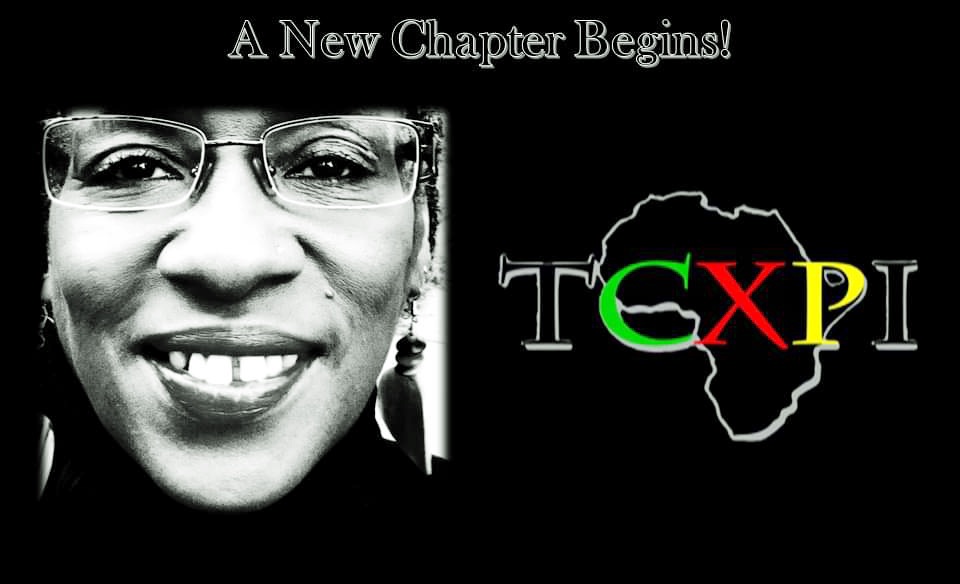
Erased in Code: The Silencing of Black Voices in AI Art. Part 1
- Cynthia Chinue X Cornelius

- May 6, 2025
- 1 min read
The silencing of Black voices in AI art generation is a crucial issue—one that reflects broader concerns about representation, bias, and control over cultural narratives. AI tools, often trained on dominant datasets, can inadvertently erase or marginalize historically oppressed voices by failing to capture the depth and diversity of their artistic traditions.

In the case of Afrocentric art and storytelling, this silencing manifests when AI fails to represent "authentic African features, histories, and visions of the future", instead defaulting to Eurocentric aesthetics or omitting key cultural elements entirely. It mirrors systemic issues in the art world—where gatekeeping, algorithmic bias, and corporate control restrict the narratives that reach mainstream audiences.

Furthermore, when artists and creators use AI to express "alternative histories, resistance movements, and visions of self-defined cultural sovereignty", they often face "content restrictions, platform censorship, or a lack of meaningful tools that accurately generate their ideas". This suppression reinforces the imbalance of creative power, making it harder for underrepresented artists to leverage AI as an extension of their storytelling.

There is also the growing "economic resistance against exploitative AI platforms"—where corporations profit from AI-generated works while **limiting the contributions of marginalized creators** or refusing to compensate artists for their datasets. This raises questions of "who controls the future of AI-generated art" and whether it will amplify diverse voices or continue the cycles of appropriation and erasure.
To be continued...
I Am Chinue X TCXPI
The Chinue X Project Inc TCXPI





Comments